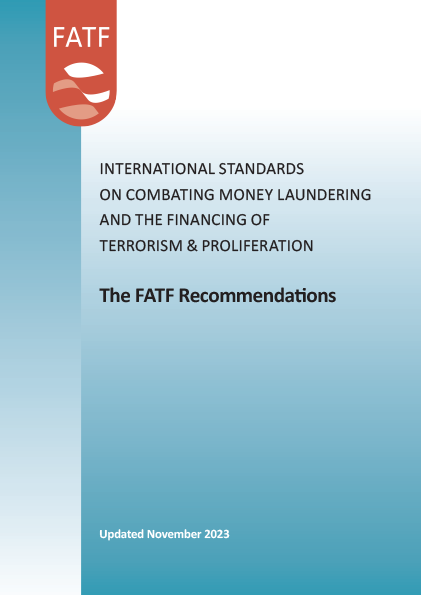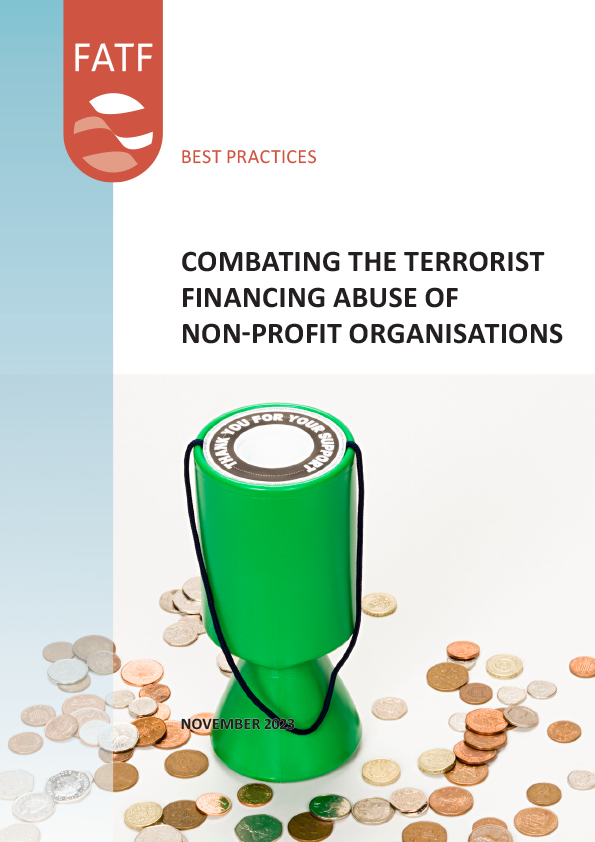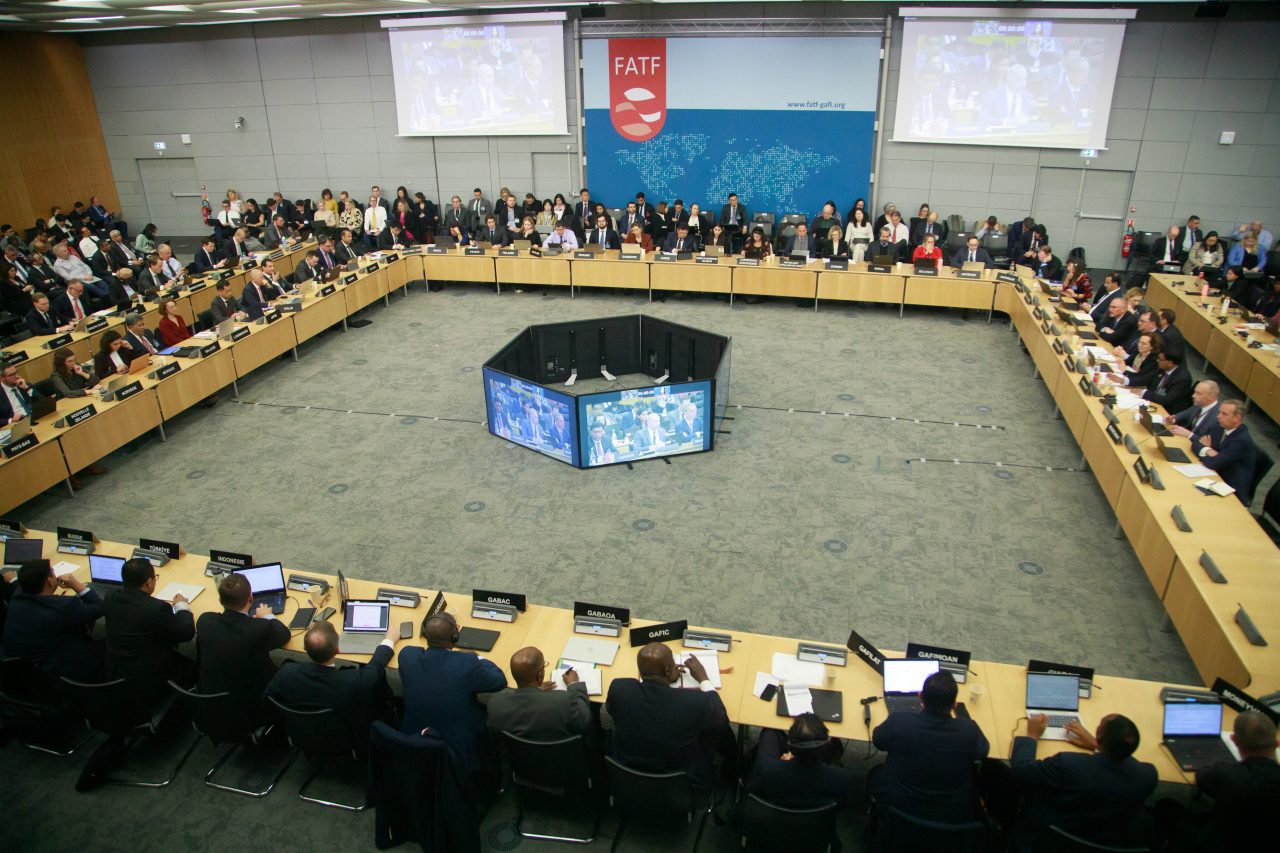Paris, 16 November 2023 - The Financial Action Task Force today released amendments to Recommendation 8 and its Interpretive Note to address the misapplication and misinterpretation of Recommendation 8, that had led countries to apply disproportionate measures on Non-Profit Organisations (NPOs).
NPOs play a vital role in the world economy and in many national economies and social systems. Their efforts complement the activity of governments and businesses in providing essential, sometimes life-saving, support, comfort and hope to those in need. Well-functioning NPOs may also help to prevent terrorism by preventing radicalisation and extremism through targeted support to vulnerable persons and communities.
The revised Recommendation 8 (R.8) and its Interpretive note will require countries to protect NPOs from terrorist financing (TF) abuse through the risk-based implementation of strengthened measures.
In 2021, the FATF started a project to analyse and understand the unintended consequences resulting from incorrect implementation of the FATF Standards. These amendments seek to address the misapplication and misinterpretation of R.8, that had led countries to apply disproportionate measures on NPOs, impeding their ability to operate and pursue their missions effectively, to access resources, and in some cases, to continue their legitimate operations. Previous efforts to clarify the language of the Standards had resulted in many improvements, but serious issues remained.
The newly adopted amendments clarify that focused, proportionate and risk-based measures are at the core of an effective approach in identifying, preventing and combatting TF abuse of NPOs. When implemented appropriately, they will preserve the integrity of the NPO sector, the donor community, and the financial institutions and intermediaries they use, without unduly disrupting or discouraging legitimate NPOs activities.
Among the many changes to R.8, a few key updates include:
- R.8 now requires countries to periodically identify organisations that fall within the FATF definition of NPOs and assess the TF risks posed to them. In other words, R.8 does not apply to the entire universe of organisations working in the not-for-profit realm: but only to those that fall within the FATF definition of NPOs. Among these, only a small portion may be facing a “high risk” of TF abuse.
- R.8 requires countries to have in place focused, proportionate and risk-based measures to address TF risks identified. A risk-based approach is essential given the diversity within domestic NPO sector and the varying degrees of risk of TF abuse they face. Many NPOs may already have adequate self-regulatory measures and related internal control measures to mitigate TF risks, such that national authorities do not need to take additional measures.
- Countries should be mindful of the potential impact of measures on legitimate NPO activities. Disproportionate obligations on NPOs may hinder their legitimate activities and the delivery of much needed services, thus affecting economic and other human rights. R.8 clarifies that countries should ensure oversight or monitoring of NPOs, but they need not designate and supervise NPOs as reporting entities or require them to conduct customer due diligence.






 Twitter
Twitter
 Facebook
Facebook
 Instagram
Instagram
 Linkedin
Linkedin
